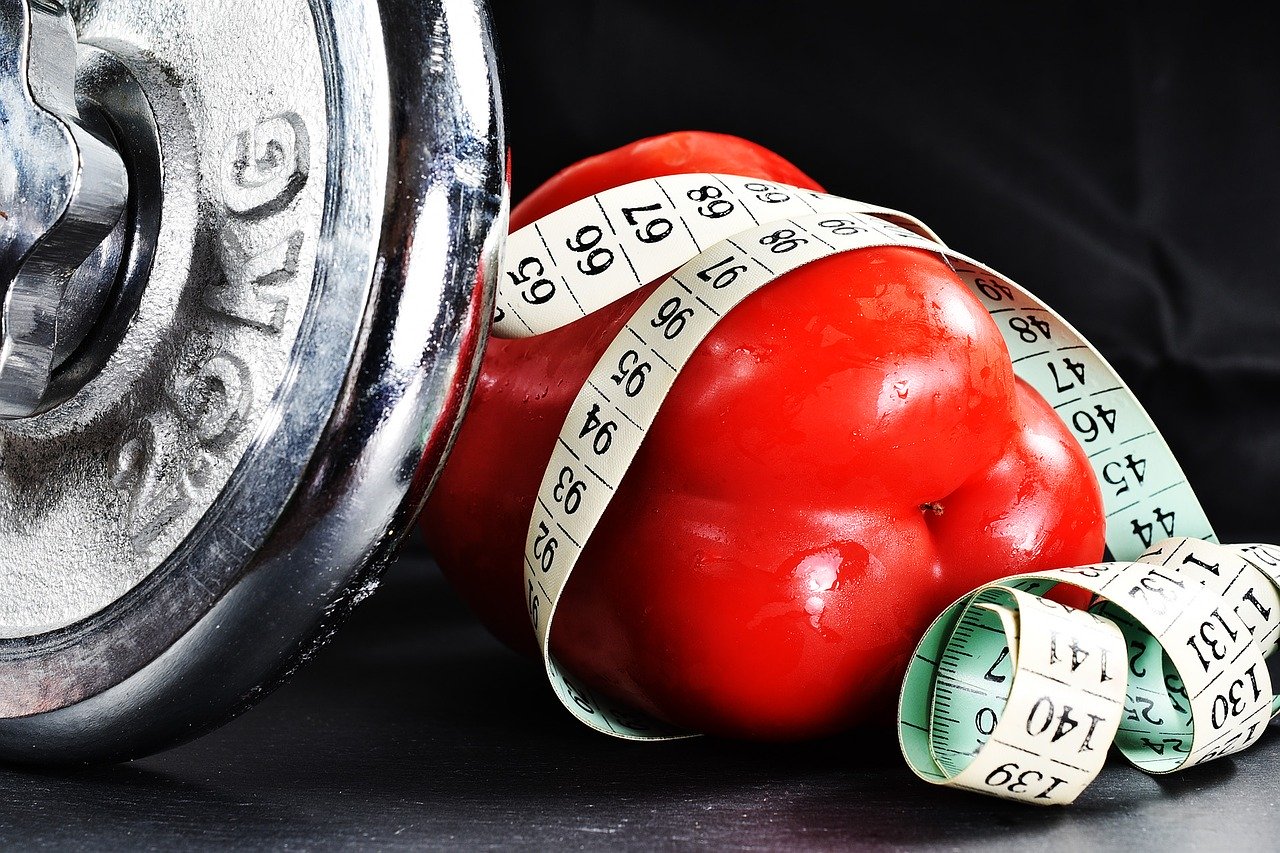
25 Mar How Philly Elders Can Lose Weight
Make small changes to stay at a healthy weight.
Are you an older adult and struggling to lose weight? Alternatively, have you noticed that your diet hasn’t changed but you seem to be putting on weight? Managing weight can be a real challenge for seniors and get increasingly difficult over time.
Per data collected between 2007 and 2010 by the Centers for Disease Control and Prevention, “one-third of older adults aged 65 and over were obese.” That number is expected to increase over the next several next decades. Being overweight around can impact more than your waist size. Obesity can adversely affect your health. It increases your risk of chronic health problems, from heart disease, to diabetes, to certain types of cancer.
Why Weight Gain Might Occur In Seniors
Loss of Muscle Mass
A loss of muscle is a normal part of the aging process and occurs in tandem with the loss of testosterone. Muscle weighs more than fat, but it also burns three times the amount of calories as fat. Plus, physically inactive people may develop age-related sarcopenia, or muscle loss, at a higher rate than those who have a more active lifestyle. WebMD estimates that elders with sarcopenia “can lose as much as 3% to 5% of their muscle mass each decade after age 30.”
Metabolism Changes
The body’s metabolism is the internal process that helps convert calories into energy. Your metabolism tends to slow down after you hit age 40. Partially, this is caused by the loss of muscle mass as you get older. Muscle is more metabolically active than fat. Therefore, when you lose muscle, it takes your body longer to burn calories.
Menopause
The hormonal changes that women experience from menopause can have an impact on your body’s weight. Estrogen and progesterone are the main hormones affected by menopause. These play a role in regulating both your cortisol levels and your insulin levels. When estrogen and progesterone levels fall, cortisol and insulin can stimulate the female body to store fat when calories are high (as opposed to building muscle). Conversely, the body will reduce the amount of fat burned when calories are low (burning muscle instead).”
How You Can Combat Weight Gain as You Grow Older
Get a Good Night’s Sleep
Sleep can be a major factor in your efforts to lose weight. If you are not getting enough sleep, it can derail your efforts. A lack of sleep affects the production of two of the body’s hormones that regulate hormones (ghrelin and leptin). Ghrelin is known as the “hunger hormone,” signaling to your brain when it’s time to eat. Leptin is known as the “satiety hormone,” telling your brain that you don’t need to eat and that you can burn calories at a normal rate.
Cut Calories From Your Diet
Although your metabolic rate will decline with age, it doesn’t mean you have to make major changes to your daily diet. Experts suggest that by merely eliminating just 100 calories per day from your intake, you can keep the pounds off in the long run. In fact, 100 calories per day every day for a year amounts to roughly 10 pounds off the scale.
Add Weight Training
Incorporating free weights to your regular workout routine is a great way to combat the muscle loss that happens with age. Many people may be intimidated by weight training. This is especially true if they have never incorporated it into a workout. Trying out exercises in which you use your own body weight, like push-ups or yoga, can be effective methods of putting muscle back on. This post lists simple exercises that are low impact and can also limit falls and here we talk about the benefits of Tai Chi.
Eat More Protein
Protein is an essential nutritional component behind building muscle mass. Luckily, you need less protein to keep muscle than to build it. Include 3 servings of low-fat or fat-free dairy plus 3 servings of protein foods (such as lean meat, poultry, fish or beans) to your daily diet in order to ensure that you can maintain your muscle. Considering adding more servings if you incorporate weight training into your lifestyle and are attempting to add muscle mass.
Small Changes Can Lead to Big Impacts
Many people assume that they need to make large, sweeping changes to their diets in order to improve their health. That’s not necessarily the case. Many of the recommendations mentioned here are small changes that you can make to your lifestyle. They can help you successfully lose or maintain weight as you get older. This can aid in improving your risk of chronic health problems down the road as an added bonus. Take a look at our blog post here about other activities that can be incorporated to stay active.
Seniors often require assistance with daily activities to age in the comfort of their homes. Read our insights for tips to help your senior loved one maintain a higher quality of life.
Aging adults who need help around the house, accompaniment to medical appointments and social events, and assistance with exercise can benefit from having an in-home support provider. Seniors can enjoy greater independence and receive regular stimulation when relying on a trusted caregiver who is trained in different aspects of senior care.

2 Comments